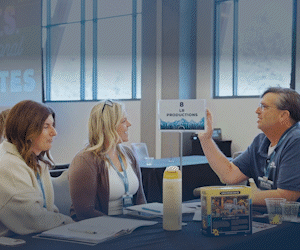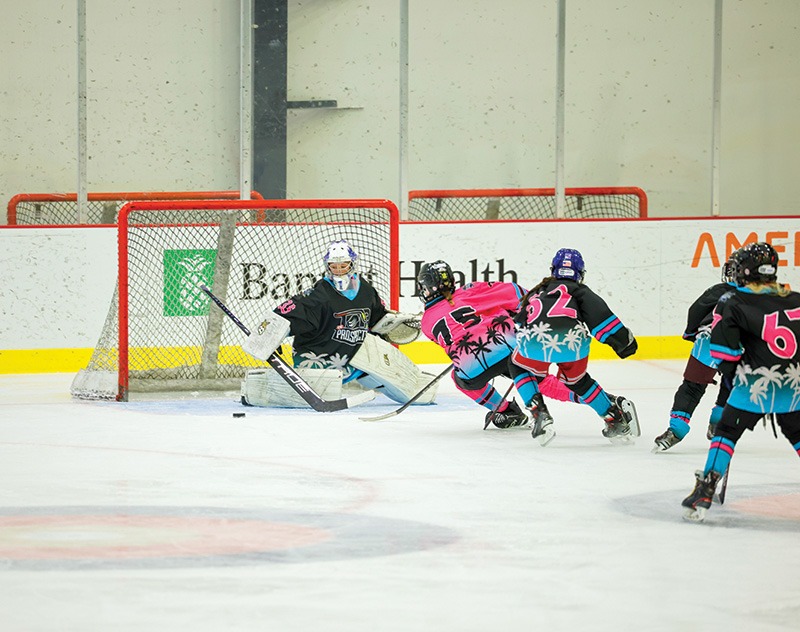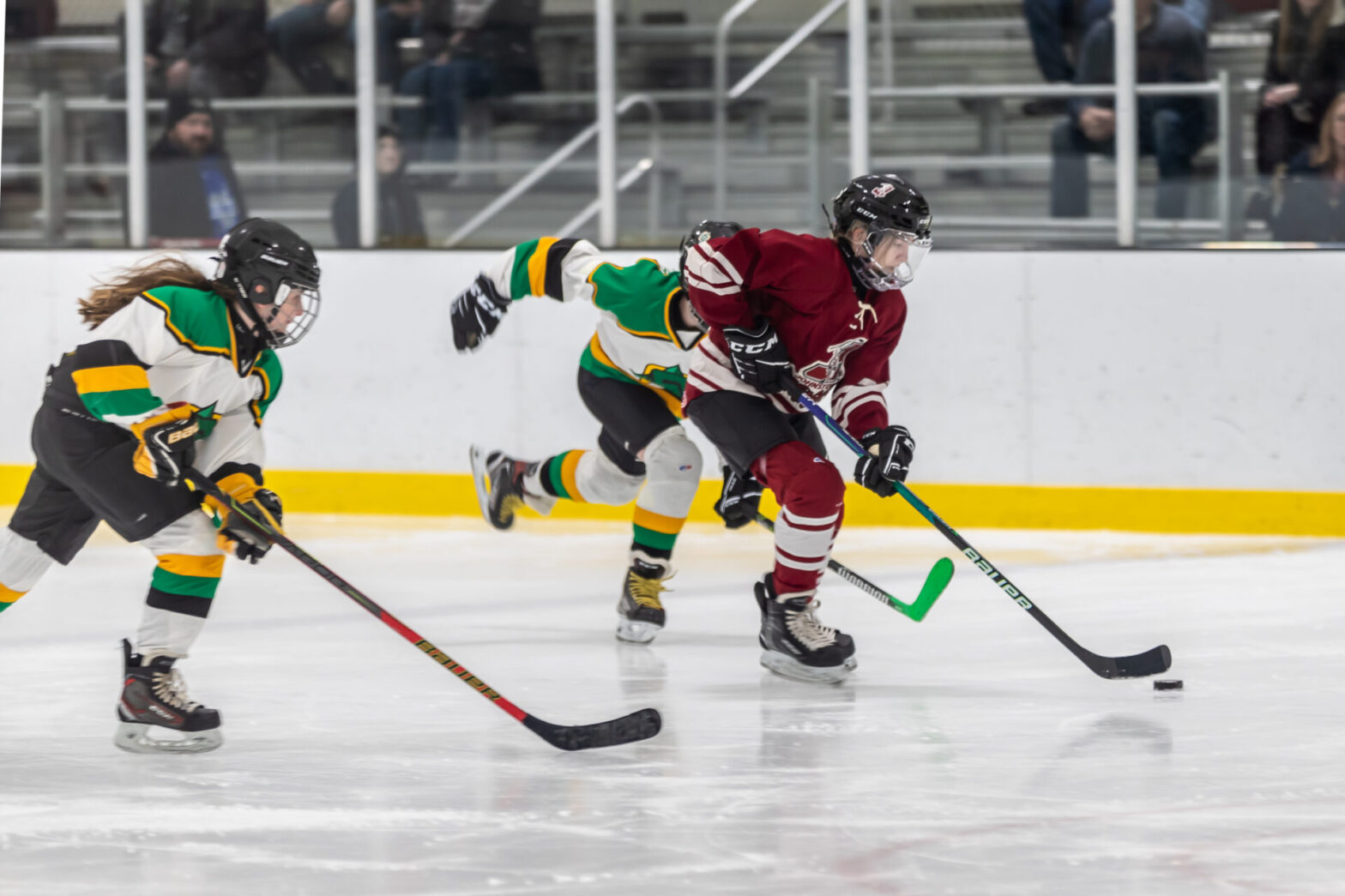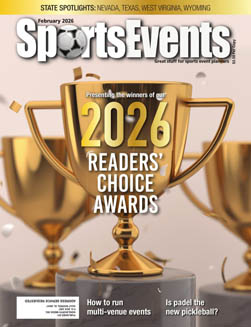What do The Queen’s Gambit, Akeelah and the Bee, and Spelling the Dream have in common? They are all media depictions of so-called “brain games.” While brain games differ than regular sporting tournaments in the fact they are more tailored to skill-sets rather than athleticism, they take on the same needs and wants as a run-of-the-mill sporting tournament.
One-and-the-Same
For starters, most tournaments that can be classified under the “brain games” umbrella are multi-day tournaments featuring people or teams from across a specific area—district, region, state, or nationally. Therefore, the need for information regarding airports, rental cars, lodging, restaurants, and other excursions before planning for travel is still in fruition. However, since most of these games operate on a win-to-travel basis, reaching out and finding the appropriate people to contact is easier than a normal sporting event.
When it comes to finding a location to host a brain game, current planners utilize hotels and convention or conference centers that are joined together. This makes it easier and safer for players to travel to and from the competitions. SportsEvents speaks on hotel partnerships and room blockings in this issue, so be able to read through the article for ways a hotel or a CVB in partnership with a hotel can better serve you and your event.
Set-up for said competitions also remains the same. While a planner will not necessarily be setting up a baseball field or on the hunt to find someone to paint yard lines on a football field, they will be setting up tables, chairs, and appropriate systems in an air-conditioned environment—doesn’t that sound like fun?!
While there is no combat or physical attribute to these games, they are still in high demand. Currently, many sporting markets around the nation are expanding their master lists to include these competitions.
The National Speech and Debate Tournament is a prime example of markets expanding outside of their normal sporting events. This year’s competition will be held in Louisville, Ky., and the next two year’s will be in Phoenix, Az., and Des Moines, Iowa.

The National Speech and Debate Tournament also releases a schedule of prepared topics one to two months in advance of the competition, so individuals and teams have ample time to prepare. Other brain games that release information or topics before the event are the Scripps’s National Spelling Bee, Hi-Q tournaments, and oratorical competitions.
Some brain games do not require competition materials to be prepared in advance: poker, chess, and checkers are a few examples.
Prizes, Scholarships, and Savings Bonds
Since many brain game competitions are geared towards individuals or teams in high school, prizes often differ than the usual sports trophy, medal, and ring often given out at a closing ceremony.
The Scripps National Spelling Bee has donated tens of thousands of dollars in scholarship money each year to its winner. In 2016, officials raised the winnings to $50,000. The winner also receives a $2500 savings bond, a Nook eReader, and a large golden trophy engraved with the Scripps logo. While most of the money comes from its nearly 300 sponsors, Merriam-Webster also has a hand in giving out prizes to the winner—it is a spelling bee after all.
Merriam-Webster gives all contestants a copy of their Third New International Dictionary on CD and the winner a reference library, a $100 Savings Bond in the form of the Samuel Louis Sugarman Award, and a Microsoft Surface 3. Encyclopedia Britannica also gives the winner a prize. For years, they have given each winner a $400 in reference works and a lifetime membership to Britannica Online Premium.
Other prizes given in other brain games include scholarships to local/state colleges, scholarship money to go towards any college, collegiate textbook savings bonds, laptop computers, backpacks, and anything that can be geared towards or used for educational purposes.
In some brain games such as poker or checkers that are not geared towards high school students, the prize often consists of money from a “prize pool” often consisting of money taken from the entry fee or bets placed during competition.
Going Hybrid
During the pandemic, many sporting events were cancelled. However, since most brain games are consisted of all high school students who were still in school, hybrid brain games were developed. Spelling bees were done over Zoom, geography bees were done via an online test, and debate/speech competitions were executed by an online submission and a panel of virtual judges.
In our 2022 Trends Report in the April issue of SportsEvents, it was reported that several events such as marathons, cheerleading competitions, and dance competitions would continue to be offered as a hybrid option to increase the region of participation. With brain games going hybrid in 2020, will they continue in the future?
What is a “Brain Game?”
A “brain game” can be classified as any competition that not only stimulates but involves the brain. You have most likely participated in a game yourself!
Brain Game Examples:
- Spelling/Geography/History Bee
- Chess
- Checkers
- Math/Scholastic/Chemistry Decathlon
- Poker
- Scholar’s Bowl
- Hi-Q Competitions
- Science Fairs
- Oratorical Competitions
- Debate Competitions










